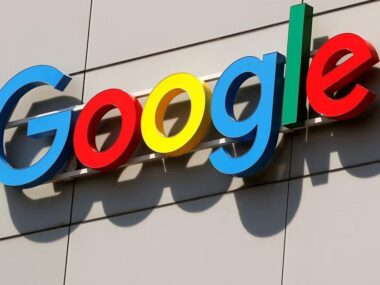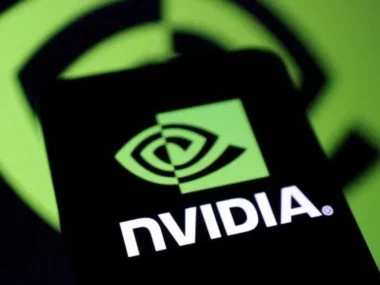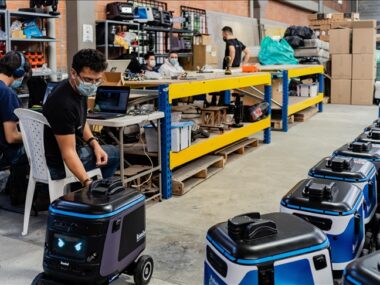The increasing use of AI in job applications could result in employers hiring unsuitable candidates, a business owner has cautioned.
James Robinson, head of advertising firm Hello Starling, noted a rising trend of applicants relying on generative AI chatbots. He warned that while some candidates could manipulate the hiring process using AI, they might lack the actual skills required for the role.
Careers adviser Megan Cooper acknowledged AI as a helpful tool for job seekers but emphasized that it should not replace human judgment.
A recent survey of over 2,000 UK job applicants found that nearly half had used AI during the application process. Robinson shared that his agency had received applications filled with AI-generated phrases, often featuring generic statements such as candidates wanting to “leverage their skillset” or claiming their “skills align with the organization’s objectives and goals.”

James Robinson has identified recurring phrases and “Americanisms” in job applications that have been directly copied from AI chatbots.
James Robinson noted that ChatGPT confirmed generating many of the phrases found in job applications.
“It’s very difficult to determine who is genuine and who is using AI,” he admitted.
After sharing his experiences on LinkedIn, he was surprised by the responses from other business leaders facing the same issue. Many questioned how to distinguish AI-generated applications and whether AI should be used to counteract the problem.
Despite these concerns, Robinson acknowledged that AI, when used appropriately, could benefit his business. He also recognized that the technology was helping applicants write more concise applications.
What is AI?
AI enables computers to learn and solve problems in a way that mimics human behavior.
While computers lack the ability to think, empathize, or reason, researchers have designed systems capable of handling tasks that typically require human intelligence, aiming to replicate how people acquire and apply knowledge.
Generative AI creates new content that appears human-made by analyzing large volumes of existing data, including online text and images.

Megan Cooper, a careers consultant at Cardiff Metropolitan University, advises students to highlight their unique qualities in job applications.
At Cardiff Metropolitan University, careers advisor Megan Cooper is guiding students on the ethical use of AI in job applications.
“AI can be a useful tool and aid, but it should complement rather than replace human judgment,” she emphasized.
She noted that many students feel pressured to demonstrate proficiency in generative AI, as employers increasingly expect candidates to be familiar with the technology. However, students also worry about being perceived as dishonest or misusing AI.
The university encourages students to use AI appropriately, such as during the research phase, for structuring CVs, or for refining cover letters they have already written.
Ultimately, Cooper stressed that candidates must ensure their individuality stands out during the interview process.
“It’s simply too risky.”
Student Jasmine James, 18, chooses not to use AI for university work, considering it too risky due to plagiarism concerns.
“I see why people use it since it’s a faster and easier option,” she said.
“However, the information isn’t always accurate, so I prefer to avoid it for academic work.”

Cardiff Metropolitan University student Jasmine James believes AI is “too much of a risk” to use in job applications.
Fellow student Jacob Morgan, 19, sees AI as a “really helpful tool.”
“I use it a lot, especially instead of Google. Sometimes I search on AI instead because it gives better results. It’s definitely very useful,” he explained.
He also noted that AI technology is “here to stay” and “only going to improve.”
Timothy Mitchell, a second-year computer security student at Cardiff Metropolitan University, stated that those who avoid using AI are “cheating themselves.”

Timothy Mitchell, a computer security student, believes AI can be used in a way that “aids us rather than replaces us.”
“Everybody uses it. Tutors use it, employers use it,” Mr. Mitchell said.
While he acknowledged “definitely some fears” surrounding AI’s broader use, he personally believed they were “somewhat unfounded.”
He emphasized, “What humans are best at is the creative stuff and creating new things. AI, by nature, can’t think beyond what it’s been taught.”
He added that generative AI could be used “in a way that aids us rather than replaces us.”











